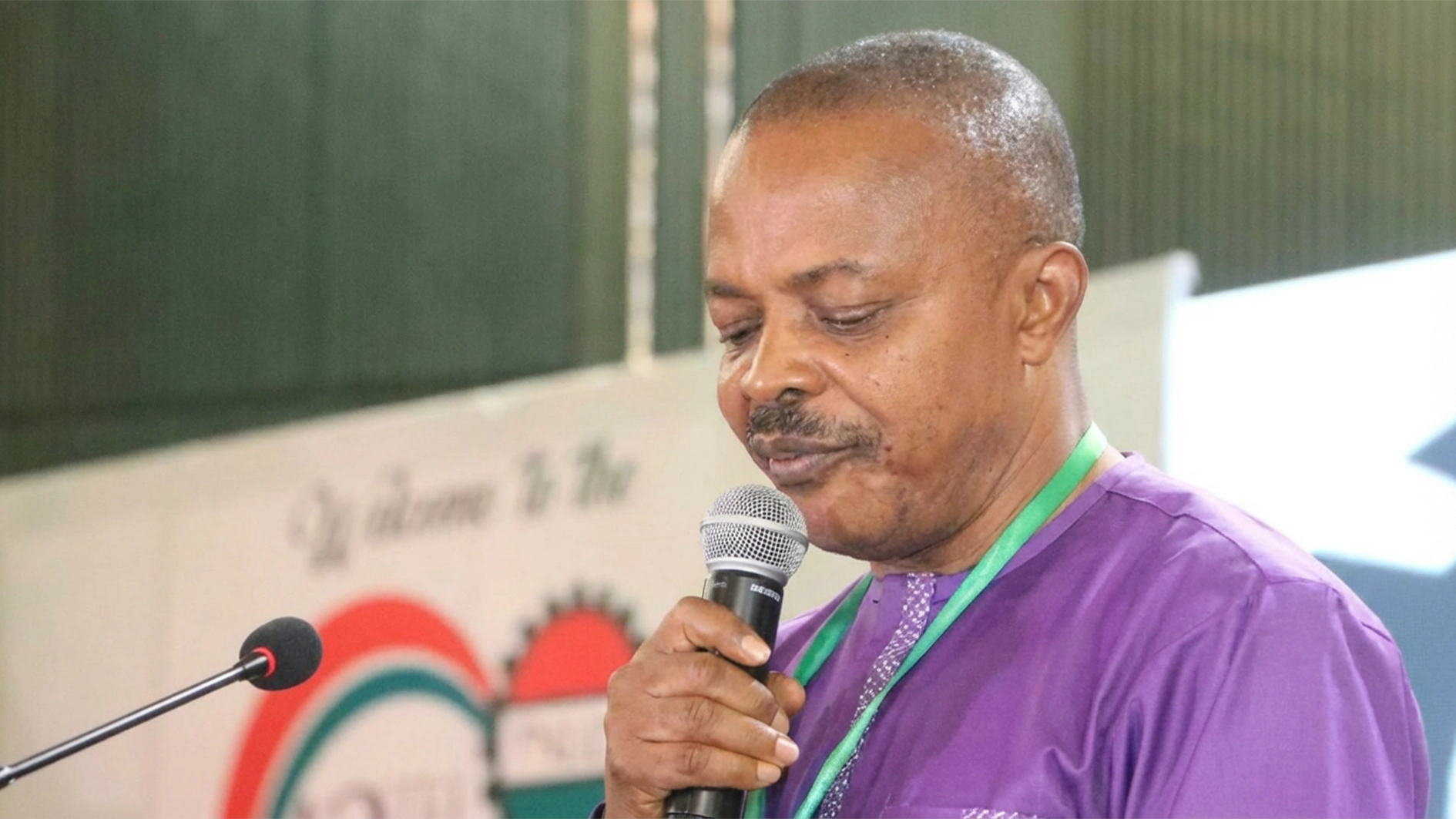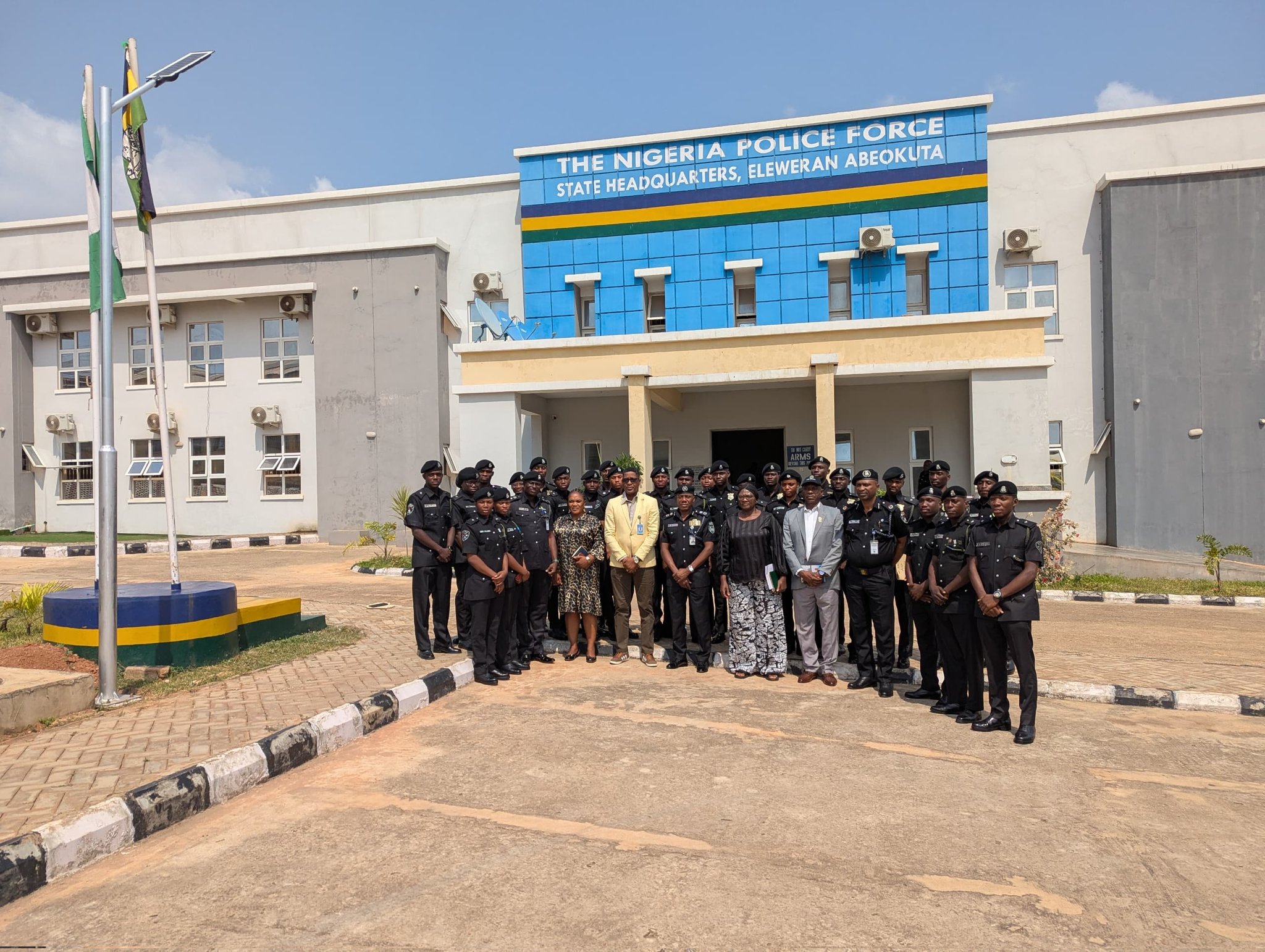• State govt, UNDP move to resettle 270,000 IDPs
The United Nations Children’s Fund (UNICEF) has lamented that more than 70 per cent of Katsina State’s 4.5 million children are multidimensionally poor, lacking access to essential services like health, education, and adequate nutrition.
Chief of UNICEF Field Office Kano, Rahama Farah, made the revelation during a Media Dialogue on Child Sensitive Budgeting and Planning in the state.
Farah also said more than half or 51.3 per cent of children under five in the state are stunted, indicating chronic malnutrition with long-term consequences on health, learning, and productivity.
Furthermore, he disclosed that only 41 per cent of children in the state were fully immunised, leaving the majority vulnerable to preventable and life-threatening diseases.
“Katsina State population is estimated to be 9.64 million, with about 4.5 million of them children, yet: one in six children in Katsina State (159 per 1,000 live births) die before celebrating their fifth birthday — a stark reminder of the urgent need to strengthen child survival interventions.
“Only 41 per cent of children are fully immunised, leaving the majority vulnerable to preventable and life-threatening diseases.
“Three in four children (75.5%) in Katsina are multidimensionally poor, lacking access to essential services such as health, education, and adequate nutrition,” he said.
HOWEVER, the government, in collaboration with the United Nations Development Programme (UNDP), has unveiled a policy and state action plan on Durable Solutions to Internally Displaced Persons (IDPs) in the state.
The policy and action plan, which were launched yesterday at a town hall meeting, are targeting the return of 270,000 IDPs across the state’s 34 local councils to their ancestral homes.
While the 45-page Katsina State IDP Policy centres on the protection, assistance and reintegration of IDPs under the national standard, the State Action Plan is to provide basic amenities to the displaced persons.
Presenting an overview of the State Action Plan, the Academic Liaison, Solid Project, Dr. Abubakar Imam, said Katsina has 270,000 refugees displaced by banditry and farmer/herder conflicts.
He explained that 36,288 households have been affected by the activities of bandits, farmers-herders clashes, flood, desertification and communal conflicts across the council areas.
In his remarks, Governor Dikko Umaru Radda, who was represented by his deputy, Faruk Lawal, affirmed the state government’s commitment to ensuring that the policy and the action plan were fully operational in the state.






